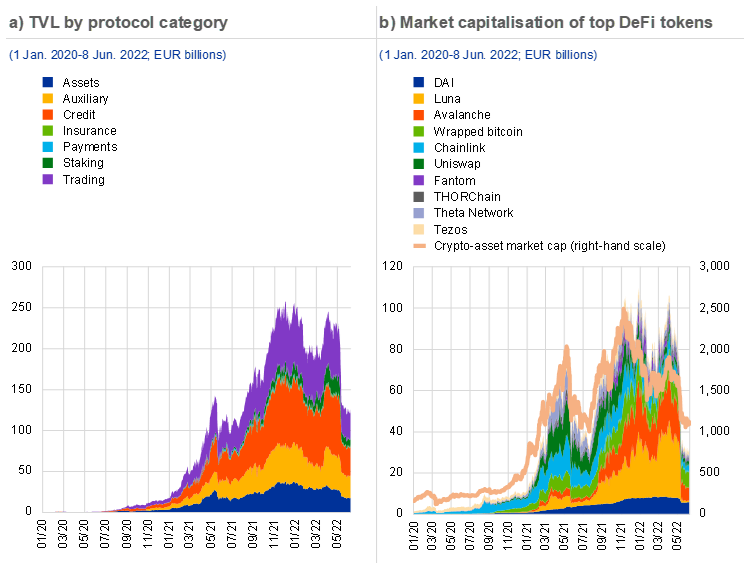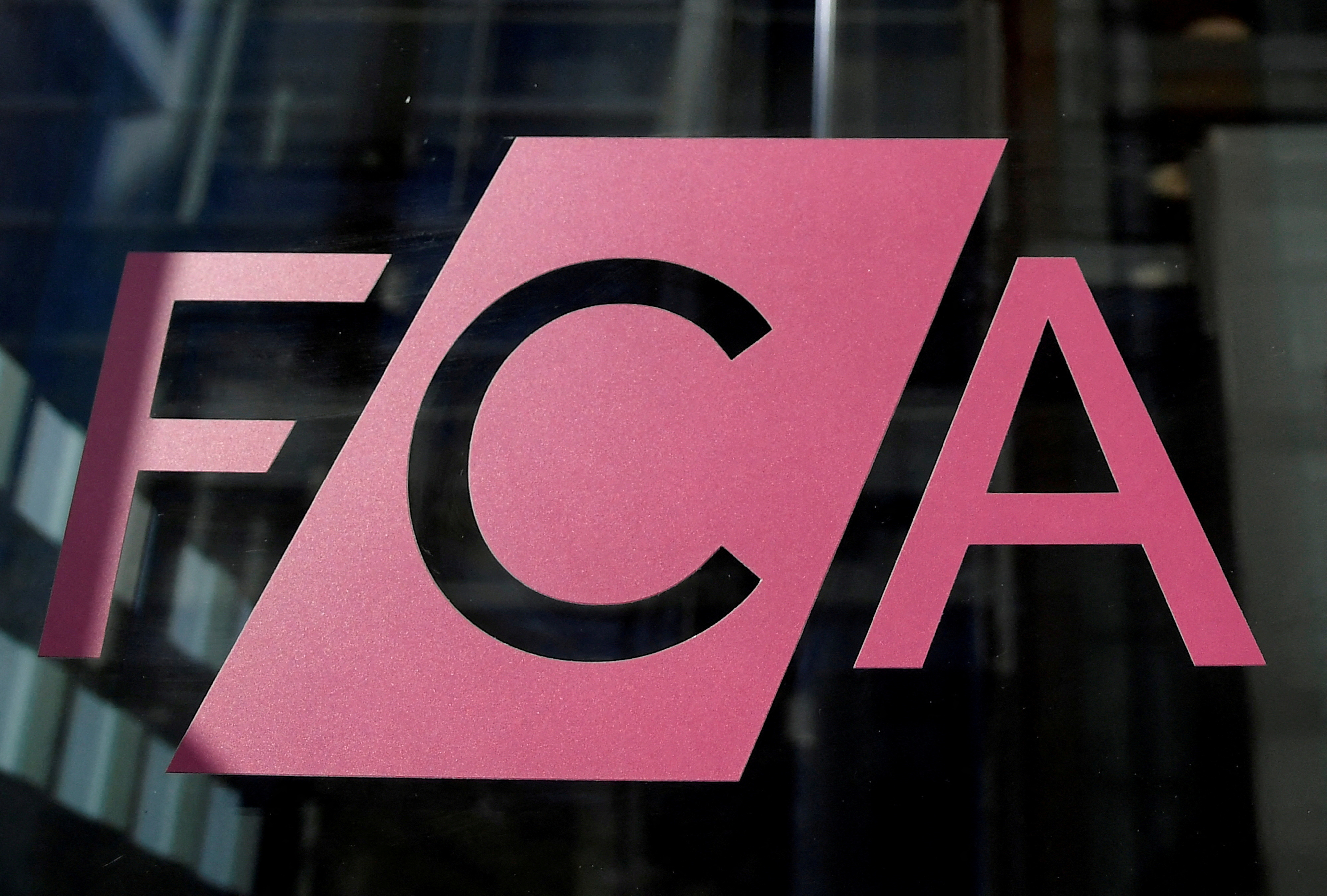
In July 2023, global financial regulations regarding cryptocurrency lending will undergo substantial changes. Co-legislators from various countries, including the UK, are working together to implement a comprehensive framework that addresses the challenges and opportunities presented by cryptocurrencies and digital assets. This new set of regulations aims to ensure the stability and security of financial transactions involving cryptocurrencies.
Central to the new regulations are the requirements for reserve holdings. Cryptocurrency lending platforms will need to maintain a certain amount of funds in reserve, both in traditional fiat currencies and in digital assets. This will enhance the stability and liquidity of the lending ecosystem, providing users with more confidence in the system.
The UK’s approach to cryptocurrency lending aligns with the European standards outlined in the white paper issued by the European Union. By introducing these regulations, the UK aims to create a safe and regulated environment for cryptocurrency lending, while also addressing concerns related to money laundering, financing terrorism, and sanctions evasion.
The regulations also mandate that any entity issuing and trading in crypto-assets must obtain proper authorization from the relevant authorities. This authorization ensures that only trustworthy and reliable platforms are allowed to operate in the cryptocurrency lending space.
The new regulations will also focus on increasing the transparency and accountability of cryptocurrency lending platforms. This will involve the publication of regular reports by these platforms, detailing their operations, financial health, and compliance with regulations. By providing such information, users can make informed decisions and have a better understanding of the risks involved in cryptocurrency lending.
Furthermore, the regulations will address the emerging trends in the cryptocurrency market, including stablecoins and central bank digital currencies (CBDCs). Policymakers recognize the relevance of these developments and aim to create a regulatory framework that supports innovation while ensuring the stability of the financial system.
Cybersecurity is another crucial aspect addressed by the new regulations. Platforms engaging in cryptocurrency lending will be required to implement robust cybersecurity measures to protect users’ funds and personal information from cyber threats. This will help prevent hacks and other cybersecurity incidents that can compromise the integrity of the lending ecosystem.
In summary, the upcoming financial regulations in July 2022 will bring significant changes to the cryptocurrency lending landscape. The UK, along with other countries, is taking a proactive approach to ensure the safety and sustainability of the global financial system. These regulations aim to strike a balance between fostering innovation and addressing potential risks, providing a solid foundation for the future of cryptocurrency lending.
Issuing crypto-assets in the EU
In July 2023, the European Union (EU) introduced new regulations for issuing crypto-assets. These regulations aim to ensure that transactions involving crypto-assets are conducted in a secure and regulated manner, in line with the principles of financial stability and consumer protection.
Under these new regulations, companies issuing crypto-assets will need to meet certain requirements, including obtaining authorization from the relevant financial authority and complying with anti-money laundering procedures. This approach will help address issues such as cyber risks, money laundering, and financing of terrorism.
The EU’s new regulations also take into account the increasing popularity of stablecoins. These digital currencies are designed to maintain a stable value by being pegged to a specific asset or basket of assets, such as fiat currencies or commodities. The regulations on stablecoins aim to ensure that they meet the same standards as traditional financial instruments, including those related to consumer protection, transparency, and market integrity.
Furthermore, the EU has agreed to implement a white paper on the future of crypto-assets and stablecoins. This paper will address a range of topics, including the potential implications of stablecoins for monetary policy, financial stability, and the global financial system. It will also explore ways to foster innovation while addressing regulatory challenges in the rapidly evolving crypto-assets market.
Overall, the new regulations on issuing crypto-assets in the EU reflect the growing recognition of the role of digital currencies in the future of finance. By embracing these trends and implementing appropriate regulatory measures, the EU aims to ensure a sustainable and secure digital financial ecosystem for both businesses and consumers alike.
The UK’s Approach
The UK has taken a proactive approach when it comes to financial regulations pertaining to cryptocurrencies and digital assets. In July 2023, the Financial Conduct Authority (FCA) published a report highlighting the need for increased regulatory oversight in the digital asset lending industry. The report emphasizes the importance of addressing cyber security issues and protecting consumers from potential risks.
As part of their approach, the UK government has introduced stringent regulations to ensure the stability of the financial system and to prevent money laundering and illicit activities. The central bank, iro22, has been actively monitoring and analyzing the impact of crypto-assets on the economy, and has issued guidelines for banks and financial institutions to comply with.
The UK’s approach also includes the authorization of digital currency businesses to operate in the country, subject to meeting the relevant regulatory requirements. This approach allows for innovation and opportunities in the crypto-assets market, while ensuring consumer protection and maintaining financial stability.
Looking to the future, the UK government aims to work closely with European counterparts to establish a harmonized policy framework for regulating crypto-assets. The goal is to create an environment that fosters innovation and growth, while addressing the potential risks associated with the use of cryptocurrencies.
In conclusion, the UK’s approach to regulating the crypto-assets industry is comprehensive and forward-thinking. By addressing financial and cyber security issues, the government aims to create a safe and transparent environment for digital asset lending. This approach not only protects consumers but also provides opportunities for businesses to thrive in the crypto-assets market.
Cryptocurrencies Digital Dollars and the Future of Money
The Rise of Cryptocurrencies
The future of money is here, and it’s digital. Cryptocurrencies have gained high popularity recently as an alternative form of currency. With the issuing of digital dollars, the world is embracing a new approach to financial transactions. The admission of cryptocurrencies into the EU’s financial regulations in July 2022 further validates their worth.
The Financial Impact of Cryptocurrencies
The high volatility of cryptocurrencies makes them a trending topic for policymakers and co-legislators. As more people obtain digital assets, including cryptocurrencies, the need for relevant financial standards and procedures becomes evident. In this ever-changing landscape of cyber finances, it is crucial for public systems to adapt to the future of money.
The UK’s Stance on Cryptocurrencies

The UK has been at the forefront of embracing digital currencies, with the trading of cryptocurrencies well established since their inception. However, regulations and requirements are necessary to prevent unnecessary inflationary trends and ensure the stability of the financial system. The UK’s recent report on the future of cryptocurrency lending highlights the need to address the evolving nature of monetary transactions.
Russia’s Approach to Cryptocurrencies

In contrast to the UK’s openness, Russia has taken a more cautious stance on cryptocurrencies. The country has implemented strict regulations to control the trading and use of digital assets. Their approach reflects concerns over the potential risks and vulnerabilities associated with cryptocurrencies.
The Future of Cryptocurrencies
The future of money is digital, and cryptocurrencies play a significant role in shaping this future. As digital dollars and other forms of cryptocurrencies become more popular, the financial landscape will continue to change. It is important for policymakers and co-legislators to stay informed and adapt regulations accordingly to ensure the stability and security of the financial system.
The Opportunities Ahead
With the rise of cryptocurrencies, new opportunities for financing and investment are emerging. The future of money is no longer limited to paper and traditional financial assets. Digital currencies provide individuals and businesses with more flexibility and accessibility in their financial transactions. It is time to embrace the digital revolution and explore the possibilities that cryptocurrencies offer.
July 2023: Financial Regulations and the Future of Cryptocurrency Lending in the UK
The UK’s financial regulations in July 2022 will set the foundational principles for the future of cryptocurrency lending. As the use of crypto-assets continues to increase, it is important for the regulations to address issues such as inflationary volatility. This is especially relevant given the recent trend of central banks publishing reports on their own digital currencies (CBDs) and the need to ensure sustainability in the asset trading systems.
To meet these requirements, financial institutions offering crypto-assets must obtain authorisation from the central bank. This will mean that crypto-assets are subject to the same regulations as traditional monetary assets, ensuring their security and stability. It also provides opportunities for banks to explore new avenues for financial services, with the potential for increasing the authorisation of these assets as more regulations are introduced.
The regulations in July 2023 will not only impact the UK’s financial markets, but also have implications for global markets. As the EU and other countries seek to create their own regulations, the UK’s approach to regulating crypto-assets will be closely watched. This presents an opportunity for the UK to be a leader in this field and to influence the global regulatory landscape in a way that aligns with its high standards and procedures.
What does this mean for the future?
- The regulation of crypto-assets in July 2023 will bring about changes in the offering and trading of digital assets. This will provide individuals and institutions with increased confidence and trust in the crypto-market, leading to more participation and growth.
- Financial institutions will have to adapt to the new regulations and integrate them into their existing systems. This will require training and schooling for personnel to ensure compliance and to take advantage of the opportunities that crypto-assets offer.
- The regulation of crypto-assets will also lead to a shift in the perception of money. As traditional currencies are increasingly digitalized, people will become more accustomed to using digital assets for transactions and investments.
Overall, the financial regulations in July 2022 will shape the future of cryptocurrency lending and provide a framework for the sustainable and secure growth of the crypto-market. With increasing global interest in regulating crypto-assets, the UK has an opportunity to establish itself as a leader in this field and contribute to the development of a robust and transparent global financial system.
Public policy principles
In July 2023, the British Financial Regulations and the Future of Cryptocurrency Lending report highlighted the importance of public policy principles in shaping the digital finance landscape. The report emphasized the need for regulations that are relevant and necessary, avoiding unnecessary inflationary effects.
The report acknowledged the increasing worth and global presence of cryptocurrencies and crypto-assets, and agreed that policymakers must adapt their financial regulations to accommodate these changes. It emphasized that banks and other financial institutions should be able to obtain admission and meet the necessary requirements for trading and financing in digital currencies.
To address the future issues related to cryptocurrency lending and financing, the report recommended the publication of clear policy principles. These principles would guide financial institutions in their procedures and ensure compliance with appropriate regulatory measures.
Key policy principles
- Transparency: Clear guidelines and regulations should be established to enhance transparency in cryptocurrency transactions.
- Equivalence: Policymakers should consider the equivalence of cryptocurrencies with traditional forms of money when formulating regulations.
- Central bank digital currency: The report highlighted the potential benefits of issuing central bank digital currencies, including increased control over monetary policy and more efficient cross-border transactions.
- Financial stability: Regulations should aim to avoid excessive volatility in the crypto market, ensuring financial stability.
The report also highlighted the need for education and awareness regarding cryptocurrencies, suggesting that schools and educational institutions play a key role in disseminating knowledge about digital finance.
FAQ:
What are the current financial regulations in the UK regarding cryptocurrency lending?
The current financial regulations in the UK regarding cryptocurrency lending are guided by the Financial Conduct Authority (FCA). The FCA has set rules and guidelines to ensure that cryptocurrency lending platforms operate in a transparent and secure manner. These regulations are in place to protect consumers and prevent money laundering or other illicit activities.
Is cryptocurrency lending legal in the UK?
Yes, cryptocurrency lending is legal in the UK. However, it is subject to certain regulations and oversight by the Financial Conduct Authority (FCA). Crypto lending platforms must comply with these regulations to operate legally and ensure the protection of investors and borrowers.
What are the risks associated with cryptocurrency lending?
There are several risks associated with cryptocurrency lending. These include the volatility of the cryptocurrency market, potential security breaches, the risk of default by borrowers, and regulatory uncertainties. It is important for lenders to carefully assess these risks before engaging in cryptocurrency lending.
How can I find a reputable cryptocurrency lending platform in the UK?
To find a reputable cryptocurrency lending platform in the UK, you should consider several factors. Look for platforms that are regulated by the Financial Conduct Authority (FCA) and have a good track record in the industry. Additionally, read reviews and do thorough research on the platform’s security measures and customer support before making a decision.
What are the advantages of cryptocurrency lending compared to traditional lending?
Cryptocurrency lending offers several advantages compared to traditional lending. Firstly, it provides lenders with the opportunity to earn higher interest rates on their investments. Additionally, cryptocurrency lending is often more accessible, with fewer barriers to entry and faster transaction times. Lastly, cryptocurrency lending allows borrowers to access funds without going through traditional financial institutions, which can be beneficial for those who may not have access to traditional banking services.
What are the tax regulations for cryptocurrency lending in the UK?
The tax regulations for cryptocurrency lending in the UK are subject to the individual’s tax residency status and the nature of the lending activity. Generally, the interest earned from cryptocurrency lending is treated as taxable income. It is advisable to consult with a tax professional or the HM Revenue and Customs (HMRC) for specific guidance on tax obligations related to cryptocurrency lending.


Leave a Reply
You must be logged in to post a comment.